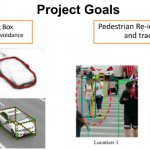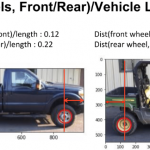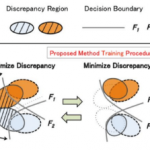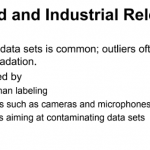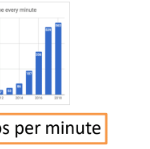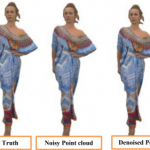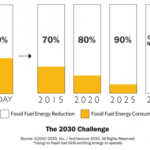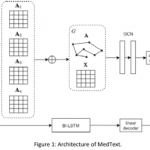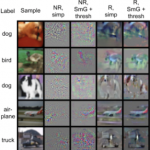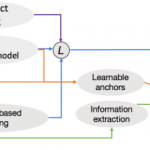DeepSLAM project aims to Develop an end-to-end deep neural network simultaneously capable of (a) Object Detection, and (b) Re-identification/Tracking
(a) Object Detection using RGB images/videos.
(b) Object Re-identification over multiple frames.
This all-in-one solution provides a better level of information integrity and reuse. In doing so, a local belief of the surrounding area is trained with occupancy grid to generate a local implicit map to capture dynamic road condition. Then local coarse implicit mapping is then combined with global accurate road information for above goals.
F2-T DeepSLAM: Object Detection, Re-identification and Prediction wih Implicit Mapping
